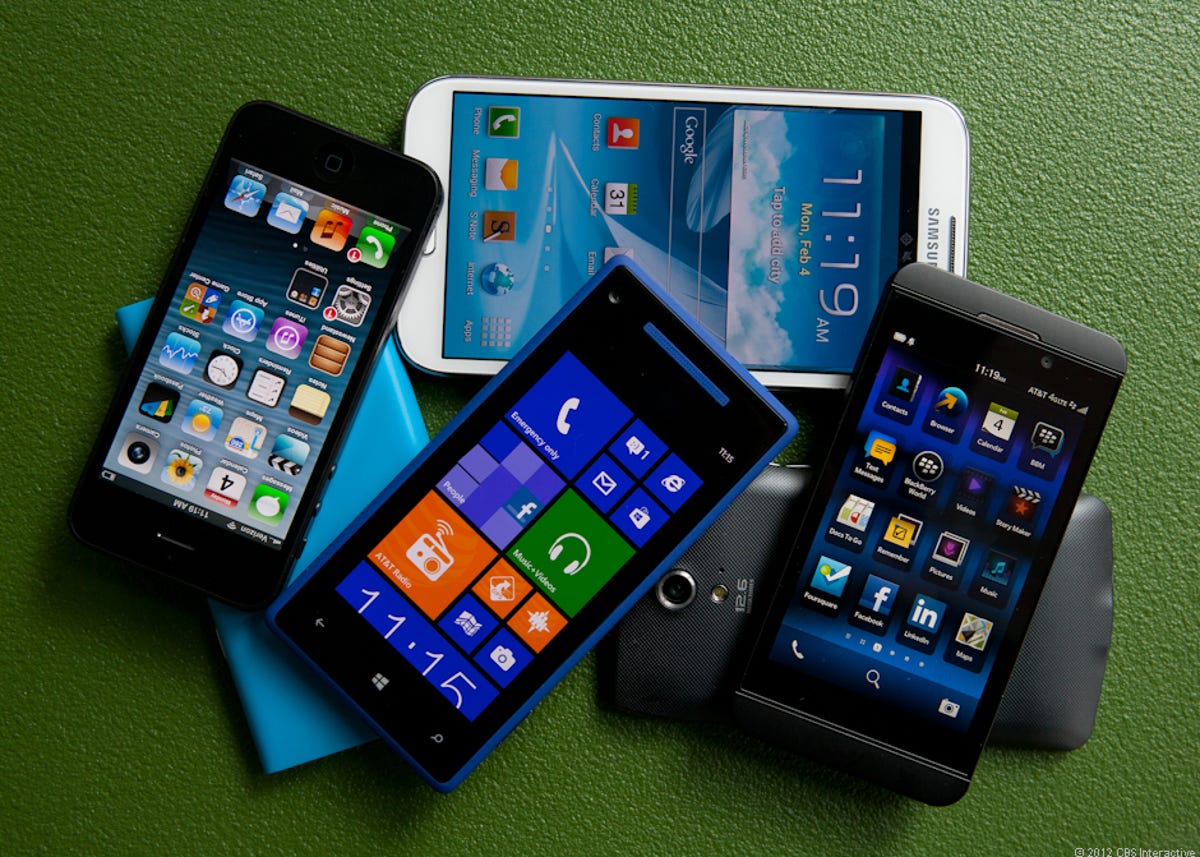
CNET
Minnesota has enacted the first law in the United States that requires mobile phones and tablets sold in the state to be equipped with antitheft software.
Signed on Wednesday by Gov. Mark Dayton, the “kill switch” law will require connected mobile devices sold in the state after July 1, 2015, to come equipped with remote shut-off devices as a way to deter theft. A kill switch allows users to lock their phone if it is stolen, making it inoperable.
“Cell phone theft is a major concern here in Minnesota and around the country,” state Sen. Katie Sieben, who authored the Senate version of the bill, said in a statement. “This legislation, which is the first of its kind in the country, will help reduce the likelihood that people will be robbed of their smart phones.”
RELATED STORIES
- SF district attorney thinks of smartphone theft differently after leading SFPD
- ‘Kill switch’ sought as answer to phone theft epidemic
- Calif., carriers headed for battle over ‘kill switch’ bill
The law also prohibits retailers from paying cash for used devices, requiring payment to be made in the form of a mailed check, electronic transfer, or store credit. Retailers are also required to keep records on the transactions.
The Minnesota bill was signed into law less than a week after the California state Senate approved a similar bill. On the federal level, a related bill, the Smartphone Theft Prevention Act, was introduced in the US Congress in February, but that bill is still in committee.
“Kill switch” efforts encountered resistance from the wireless carrier industry, which argues that kill-switch software leaves phones vulnerable to hacking. The telecom industry softened its stance last month when the CTIA, a trade organization that represents the mobile-telecom companies, announced a commitment to make the antitheft software standard on all phones from participating device makers and carriers.
Samsung and Apple, the world’s largest smartphone makers, already offer antitheft software to users of their devices. In September, Apple added “activation lock,” a feature that requires a user’s Apple ID and password before they can turn off the phone’s location tracking or reactivate a locked phone. Launched last month, Samsung’s “reactivation lock” prevents a locked phone from being made operable again, even through a factory reset.



